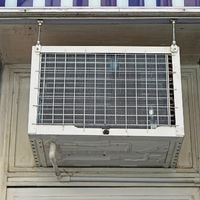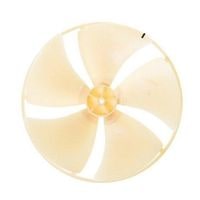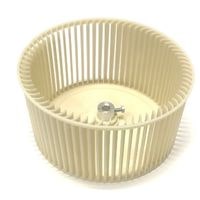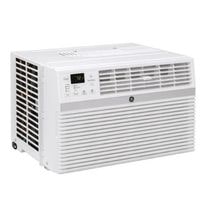Ge air conditioner making noise. The noise from an air conditioning unit can have lots of sources depending on the type. This can be due to a variety of reasons, some common ones being that the units are temporarily under too much pressure, an obstruction has occurred within, or there is an issue with the bearings involved in operating its fan.
The amount of noise a unit makes when operating can sometimes be used as a diagnostic technique in order to recognize what the specific source of it may be.
So possibly even from serious issues such as broken parts popping out and causing significant risks for harm – and at least requires investigating by a professional before anything else for safety and peace of mind.
Ge air conditioner making noise
A window ac is a convenient and affordable way to quickly cool down your house, although it’s definitely no substitute for a conventional air conditioner.
These AC units can be hung on the outside of your home because they’re often attached to the wall with removable clamps.
However, you should be aware that some types of window a/c units produce more noise than others when operating; you might hear buzzing from the unit or even within your walls.
If this happens to you, do not fret; there are steps you can take to make whatever unit you have run quieter and more smoothly.
Faulty Compressor
When the compressor begins making an unusual noise, it is not necessary to replace the entire system.
Compressors often last for years even when they make a lot of noise, but if you’re having trouble sleeping because of all the racket that comes with louder than usual compressors.
It could be a good idea to have an AC repair service provider take a look at your problem and see if replacement is unavoidable.
Defective Fan Blade
Air conditioners have a fan blade in the front and another in the back. Check both fan blades for damage. If either is damaged or if they’re rubbing against the fan housing, replace them.
Blower Wheel Fault
With the motor tilted upward, closely inspect and see if there are any screws that need tightening or if the blade itself should be replaced. If those adjustments fail to eliminate the noise, you may need to replace the blower wheel.
Fan Motor not working
The fan might be noisy. If the noise is coming from the fan airflow blades, check if either of the blades is scraping against the blower housing.
Check both air flow blades and make sure they are not rubbing against the housing. If they aren’t rubbing against the housing and you still hear a rattling noise, check if the bearings on the fan motor are worn. If so, replace it.
Lubrication Issue
There are motors in air conditioners and refrigerators that need lubrication to keep them running and humming along smoothly.
You might have noticed some noise coming from your unit and new noises are often a sign that you need to lubricate or oil these parts.
Some may come with unsealed motors which allow you to add a bit of SAE 10 oil right into the ports by turning a special cap.
Loose Screws
When an air conditioning unit is working, it will make noise. This is because air conditioning units have screws in panels that can get loose as well as other screws around the unit that can also become undone.
The result will be a rattling noise when the machine is making air and also sometimes when it’s not running. These can both be easily fixed with a few turns of your screwdriver.
Flexible Front Grill
It’s important to understand how the locking mechanism of a window air conditioner works in order to prevent excessive vibrations that come as a result of locks that do not fit properly.
When the front of an air conditioning unit is removed and replaced, it is important that you make sure you hear a clicking sound in order to verify that it’s been seated well and tightly.
Defective Blower Wheel
To see if a fan is wobbling, run your hand lightly beneath it to feel for loose pieces. If you feel any rough spots or obstacles, remove them with care and bare fingers.
You can try tightening the screws holding the fan in place but if these don’t work, then it may be necessary to replace your old fan.
Related Guides
